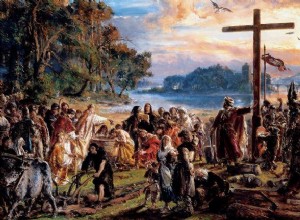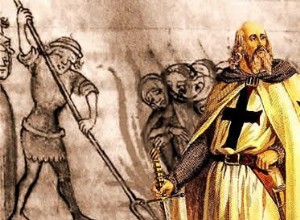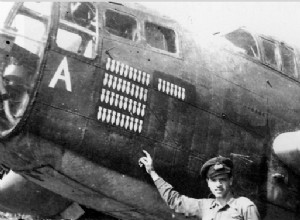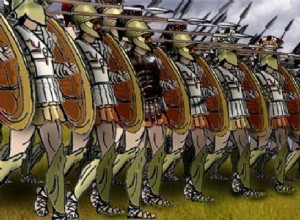Each textbook will tell you that in the times of Mieszko I the entire eastern part of Pomerania belonged to Poland. The prince built a huge trade center in Gdańsk, through which a rapid stream of silver flowed to the center of the state. Archaeologist Sławomir Wadyl questions this vision. In his opi




